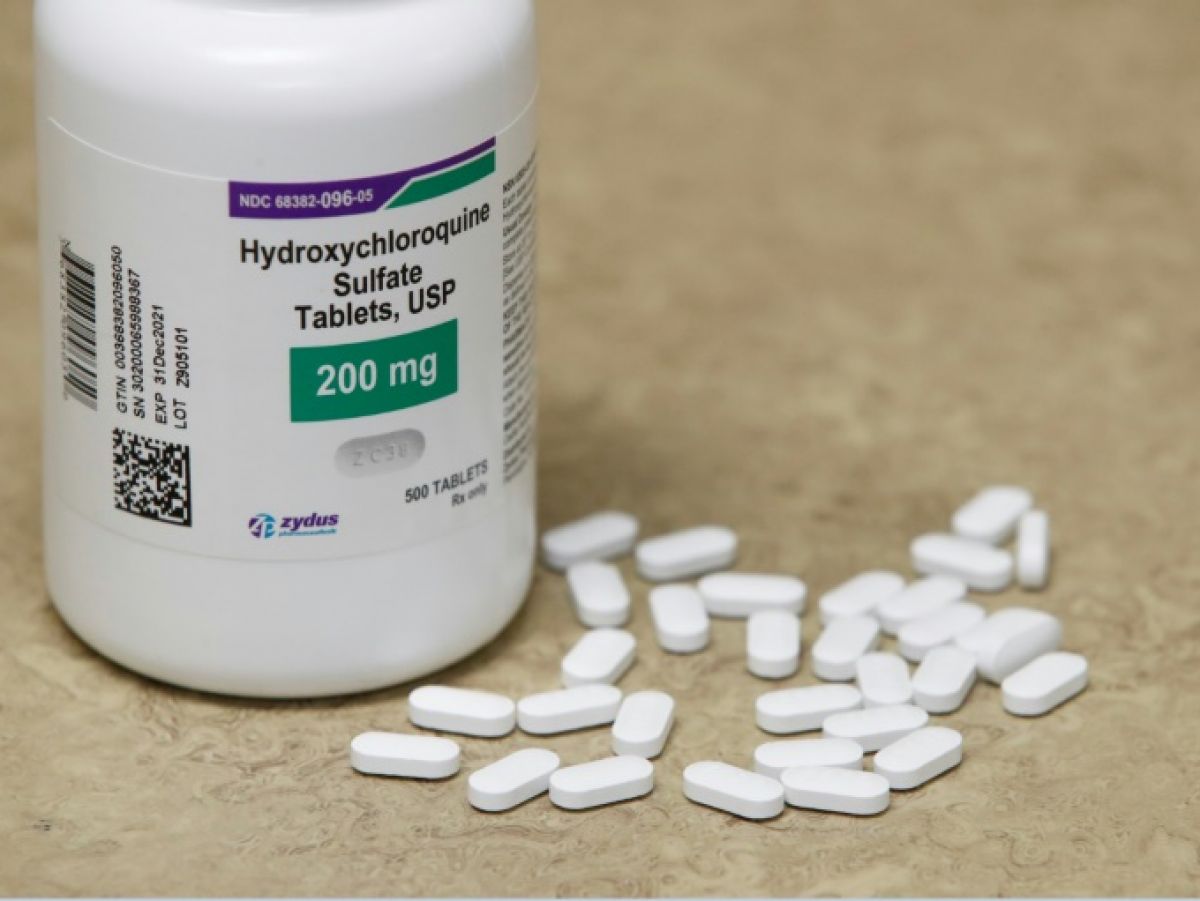Hydroxychloroquine - derived from an anti-malarial drug - has, since the end of February 2020, enjoyed unprecedented notoriety and fueled lively debates in the wake of its promotion by Professor Raoult, then head of the Mediterranean-Infection University Hospital Institute (IHU) in Marseille, to combat the coronavirus. The infectious disease specialist - retired from the IHU since the summer of 2021 and recently banned from practicing medicine - has never stopped asserting that hydroxychloroquine, combined with an antibiotic, azithromycin, was effective against the infection.
One of the founding studies of this theory, signed by 18 authors, including Philippe Gautret, then professor at the IHU, and Didier Raoult, was published in March 2020 in the scientific journal Journal of Antimicrobial Agents International. It is this article that Elsevier, the publisher of the journal, announced on December 17, 2024 the retraction of after a thorough investigation, with the support of a “impartial expert acting as an independent advisor on publishing ethics”.
"Concerns have been raised"
The cause: non-compliance with multiple rules, but also manipulation or problematic interpretation of results. "Concerns have been raised" linked to respect for "publication ethics" from the editor of the journal, "the appropriate conduct of research involving human participants, as well as concerns raised by three of the authors regarding the methodology and conclusions," Elsevier has notably explained this in a long justification note.
The publisher also claims that the authors of the study did not argue convincingly in their defense. Over the years, Professor Raoult has made public several studies showing, according to him, the effectiveness of hydroxychloroquine, but then heavily criticized for methodological flaws (too small groups of patients, no control group, etc.) or ethical flaws (non-compliance with the rules for research on humans, etc.).
The excitement over hydroxychloroquine took a political turn in the spring of 2020, in the midst of the Covid pandemic. President Emmanuel Macron had thus described Didier Raoult as "great scientist" in mid-April and judged that his bi-therapy should be "tested". The government then came back to it. Abroad, Donald Trump, then President of the United States, had made himself an apostle of it in the spring of 2020 and had claimed to have taken some time as a preventive measure. In Brazil, the far-right president Jair Bolsonaro was also a fierce promoter.
Read alsoCovid-19: According to pharmacokinetics, hydroxychloroquine treatment cannot work
"The cornerstone of a global scandal"
If the Gautret study - and other publications by Professor Raoult - had fueled hopes of treatment, it had been quickly singled out by other scientists and ethics specialists for potential errors, even manipulations, which were subsequently proven by investigations by health authorities and the media.
Large-scale scientific studies with solid methodology – the British Recovery, the french HycovidThe'ou Solidarity conducted by the World Health Organization – later demonstrated the ineffectiveness of hydroxychloroquine in treating or preventing Covid. The use of the coronavirus treatment has also been associated with serious adverse effects, including cardiovascular ones.
Didier Raoult, discredited by his peers since the Covid crisis, has continued to assert that "Thousands of people who could have been treated were not treated" because of the choices on hydroxychloroquine. He defended the administration of this protocol to Covid patients despite unfavorable opinions from health authorities.
The Medicines Agency (ANSM) has taken the Gautret study and other contentious publications by Professor Raoult to court over the non-compliance with the conditions of human experimentation. The Marseille prosecutor's office is investigating suspicions of unauthorized clinical trials.
The long-awaited retraction of the Gautret study has been welcomed by several scientists. This study was "the cornerstone of a global scandal", and its retraction "constitutes a recognition, belated but essential, of the scientific deviations which have led to the endangerment of patients", thus welcomed the French Society of Pharmacology and Therapeutics (SFPT), chaired by Professor Mathieu Molimard.
The article "methodologically poor and dubious" You can find out more about it here. "finally retracts", added researcher Lonni Besancon, another figure in this fight, to X. Asked by AFP, neither Didier Raoult nor the ANSM had reacted at this stage.

